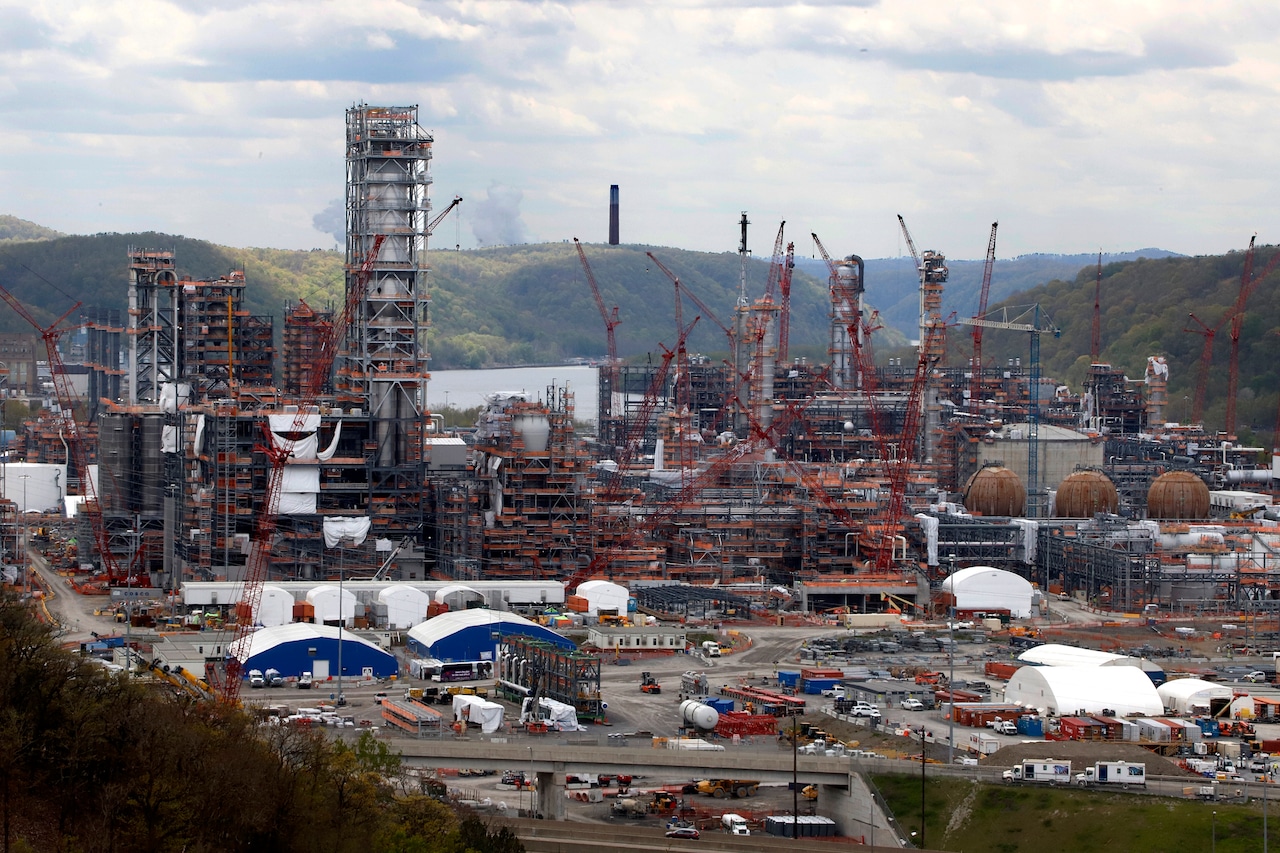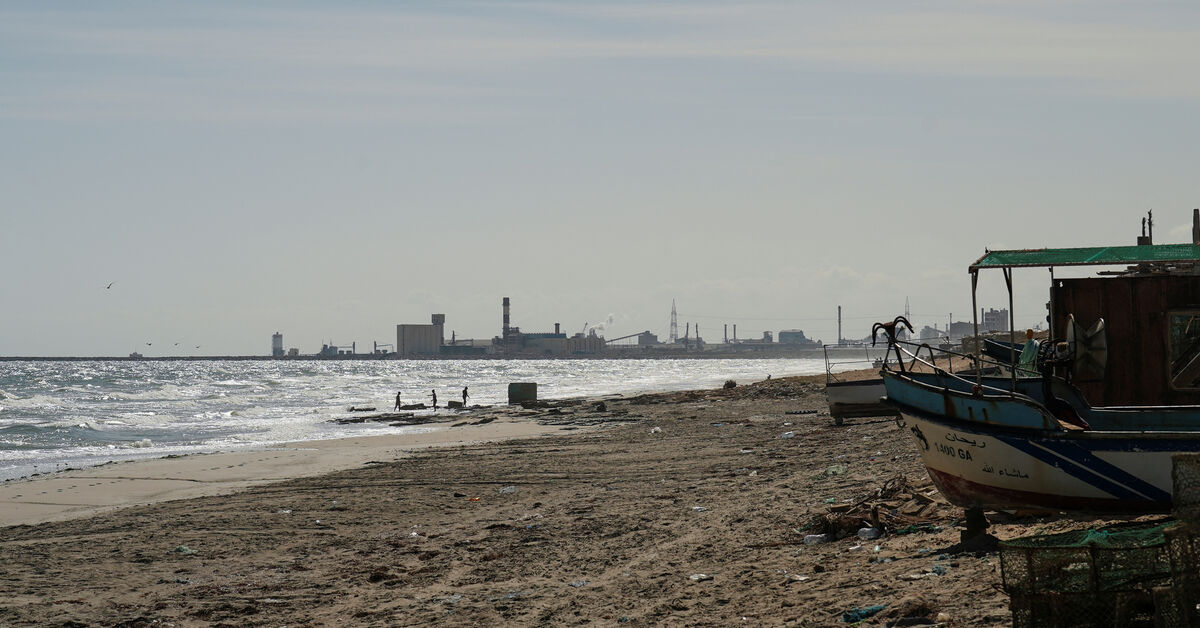Copyright Mechanicsburg Patriot News

By Rachel Meyer It’s time for our elected officials in Pennsylvania and around the country to cut ties with the petrochemical and plastics industry. As it is, the overall fossil fuel industry (which includes petrochemicals) receives around $760 billion annually in subsidies, tax breaks and other expenditures, all while making record profits. Shell’s plastic-producing facility in Pennsylvania received millions of dollars in tax breaks from the state. Yet, based on the recent report from The Institute for Energy Economics and Financial Analysis titled, “Shell’s Petrochemical Problem in Pennsylvania: Lessons To Learn From Shell’s Petrochemical Investment in Monaca, Pennsylvania,” the plant has underperformed economically and is creating financial risks for Shell. As a resident of Beaver County, where that petrochemical facility is based, I know all too well that it was more than a bad investment for Shell’s bottom line. Far beyond the wasted dollars and cents, it’s also costing us our health, risking safety, and endangering our children’s future. During the process of making chemicals from oil and gas, petrochemical facilities release toxic pollution and large amounts of greenhouse gas. These plants expose communities to multiple hazardous chemicals. Together, the negative health impacts of substances such as benzene, formaldehyde, and butadiene add up, creating increased risks to people’s health including higher rates of multiple types of cancer. Petrochemical facilities also release high amounts of particulate matter and nitrogen oxides. Particulate matter contributes to respiratory and cardiovascular disease and to dementia. It increases the risk of preterm birth and low birth weight. Excess levels of nitrogen oxides lead to the formation of smog which leads to higher rates of asthma and increased emergency room visits due to asthma attacks. Infants and children are especially vulnerable to petrochemical air pollution since their bodies are still developing and because they breathe in more air for their size than adults. The additional infrastructure necessary for extracting and processing the natural gas used by the petrochemical industry further extends the health burden. In Beaver County, the natural gas fracked from communities like mine is processed at polluting facilities such as the Revolution gas plant and Harmon Creek gas plant in Washington County, Pa., where ethane is separated from the other components of the gas. If the ethane doesn’t go to Shell, it may be sent for further processing to Marcus Hook in Delaware County, Pa. As fracking increases and facilities like Revolution, Harmon Creek, and Marcus Hook seek to expand, communities are hit with increased pollution. The proposed Marcus Hook expansions would build capacity to receive, process, and store up to 140,000 barrels per day of ethane, increasing the risk of respiratory illness in a county that already has 12,519 children with asthma. And what is all this polluting infrastructure for? Shell uses the ethane to make plastic - nearly half of it made to be used once, then thrown away. More than half of all the plastic ever produced has been manufactured since 2000, and it’s creating an ecological and human health disaster. Myriad studies have highlighted how microplastics (particles of plastic less than 5 millimeters in size) are also directly impacting human health. A recent report found that the average adult brain may contain as much plastic as is found in an entire plastic spoon. This is a 50% increase from just eight years ago. Microplastics accumulate in fat tissue and act like slow-release drugs, leaching chemicals over time that can cause cancer, intestinal disease, pulmonary disease, and reproductive dysfunction. Children are being exposed to more toxic chemicals from plastic than ever before. Clearly, we don’t need to increase our production of single use plastic. The petrochemical industry also risks the safety of its workers and those in nearby communities. The U.S. averages one petrochemical incident such as a spill, fire, or explosion every three days. In fact, Shell’s petrochemical complex in Beaver County has been operational for less than three years. Yet according to the PA Department of Environmental Protection’s latest tally posted on June 9, there have been 85 malfunctions at the facility. As recently as June 4 of this year, one of these malfunctions resulted in a fire and chemical release, which is now being investigated by the National Chemical Safety Board. Workers deserve opportunities for employment that do not put them in danger and make them sick. Communities need the opportunity for a sustainable boost to their economies, not another boom and bust or simply bust. Families like mine want relief from the daily worry about how petrochemical companies are impacting their children’s health. It’s time to stop enabling the petrochemical industry in Beaver County and beyond.



